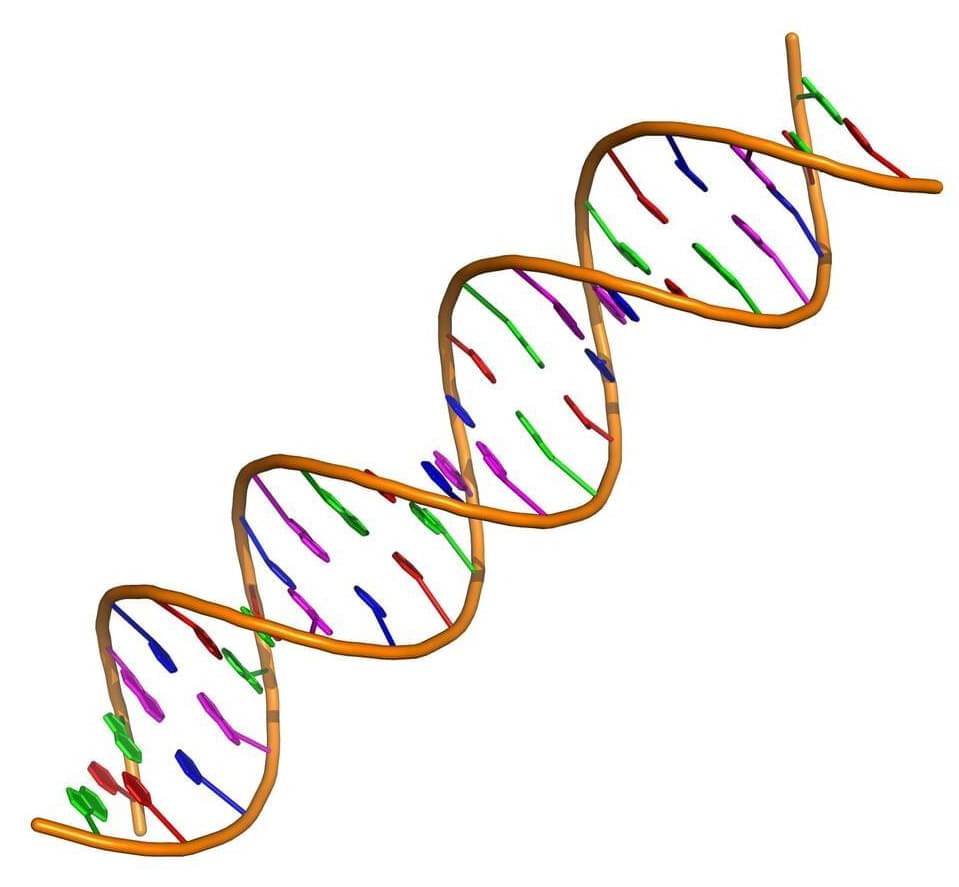DNA-based information is a new interdisciplinary field linking information technology and biotechnology. The field hopes to meet the enormous need for long-term data storage by using DNA as an information storage medium. Despite DNA’s promise of strong stability, high storage density and low maintenance cost, however, researchers face problems accurately rewriting digital information encoded in DNA sequences.
Generally, DNA data storage technology has two modes, i.e., the “in vitro hard disk mode” and the “in vivo CD mode.” The primary advantage of the in vivo mode is its low-cost, reliable replication of chromosomal DNA by cell replication. Due to this characteristic, it can be used for rapid and low-cost data copy dissemination. Since encoded DNA sequences for some information contain a large number of repeats and the appearance of homopolymers, however, such information can only be “written” and “read,” but cannot be accurately “rewritten.”
To solve the rewriting problem, Prof. Liu Kai from the Department of Chemistry, Tsinghua University, Prof. LI Jingjing from the Changchun Institute of Applied Chemistry (CIAC) of the Chinese Academy of Sciences, and Prof. Chen Dong from Zhejiang University led a research team that recently developed a dual-plasmid editing system for accurately processing digital information in a microbial vector. Their findings were published in Science Advances.
